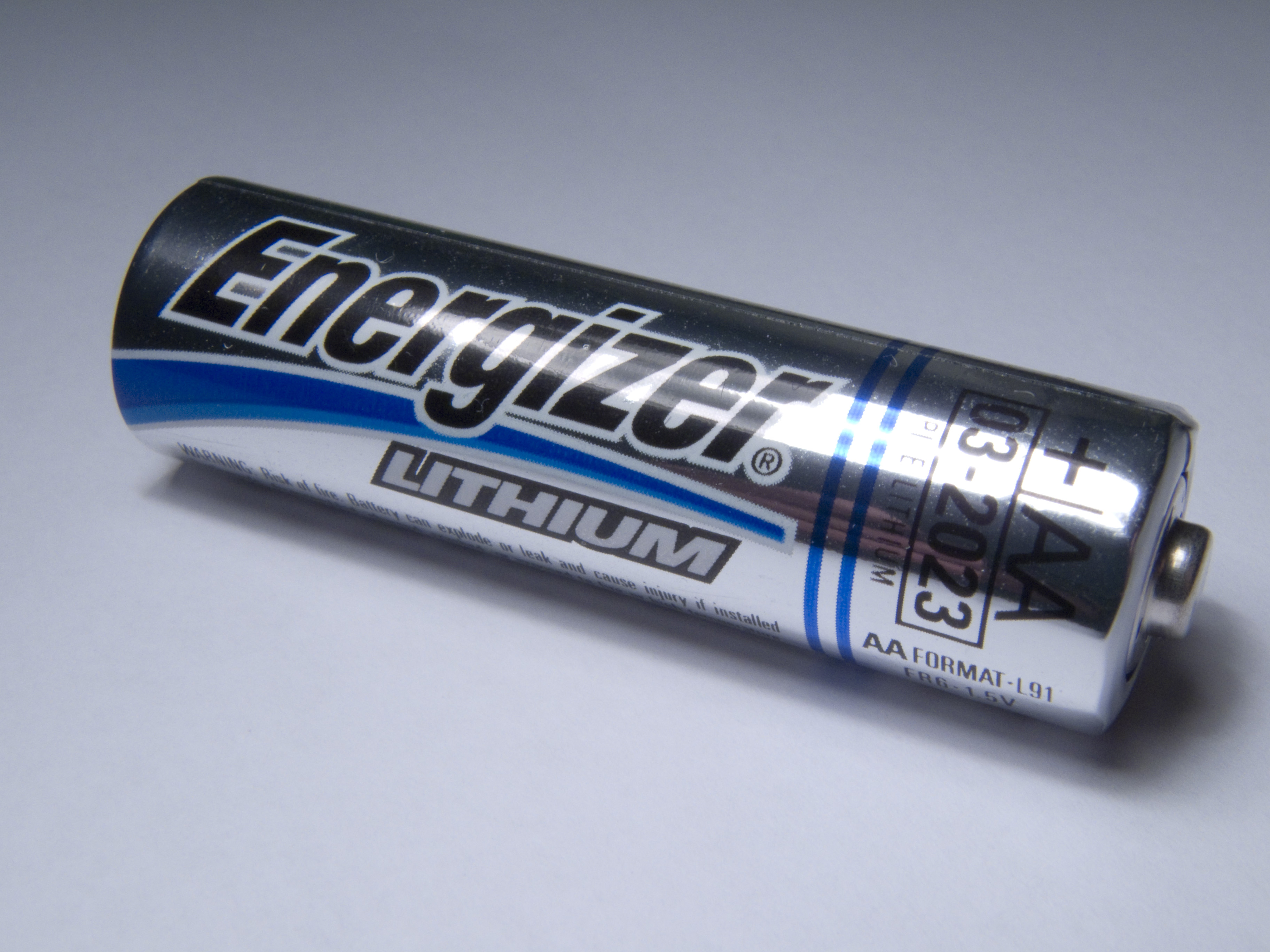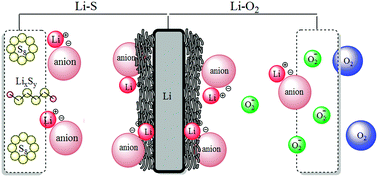Investing in the right assets is crucial for anyone looking to grow their wealth and secure their financial future. In recent years, one resource that has been gaining significant attention from investors is lithium.
This valuable metal plays a vital role in various industries, making it an attractive option for those looking to diversify their portfolios and capitalize on its growing demand.
Introduction to Lithium as a Valuable Resource
Lithium, with its low density and high electrochemical potential, is a vital component in battery technologies. From smartphones and laptops to electric vehicles and renewable energy storage systems, lithium-ion batteries power our daily devices.
As the world embraces clean energy sources and sustainable transportation solutions, the demand for lithium continues to grow. Its efficient energy storage capabilities make it essential for powering the clean energy revolution.
However, sustainable mining practices and recycling technologies are crucial to minimize environmental impact and ensure responsible resource management.
Exploring the Rising Demand for Lithium in Various Industries
The demand for lithium is surging across multiple industries. Electric vehicles (EVs) are a driving force behind this increase, as major automakers transition towards electric-powered vehicles. Lithium-ion batteries offer high energy density and fast-charging capabilities, making them ideal for EVs.
Renewable energy also relies on lithium-ion batteries to store electricity from sources like solar and wind power. This ensures a stable power supply by balancing supply and demand fluctuations.
In addition, lithium has diverse applications. Pharmaceutical companies use lithium compounds in medications for bipolar disorder, stabilizing mood swings. Aerospace companies utilize lightweight lithium alloys to improve fuel efficiency in aircraft.
Moreover, lithium is essential in electronics, powering devices like smartphones and laptops due to its high energy density. Grid energy storage systems also employ large-scale lithium-ion batteries for storing excess electricity.
As society prioritizes sustainability and clean energy solutions, the demand for lithium continues to rise across industries such as automotive, renewable energy, pharmaceuticals, aerospace, electronics, and grid energy storage. Its unique properties make it an invaluable resource for advancing technology and shaping a more sustainable future.
Highlighting the Significance of Investing in Lithium ETF Stocks
Investing directly in individual lithium mining companies or battery manufacturers can be challenging for individual investors. Limited knowledge and resources make it difficult to select specific stocks. This is where Exchange-Traded Funds (ETFs) come in.
Lithium ETFs offer a convenient way for investors to gain exposure to this growing industry without the need for stock selection.
By investing in a lithium ETF, investors can diversify their portfolio and benefit from the potential growth of multiple companies within the sector. ETFs provide liquidity, allowing easy buying and selling throughout the day.
They also offer exposure to established players and emerging companies involved in lithium mining and battery manufacturing, spreading investments across different segments of the supply chain.
Investing in a lithium ETF provides convenience as professional fund managers actively manage the portfolio, making informed decisions based on their expertise and market analysis. This approach eliminates the need for extensive research and monitoring.
Brief Explanation of ETFs (Exchange-Traded Funds)
Exchange-Traded Funds (ETFs) are investment vehicles traded on stock exchanges. They offer diversification similar to individual stocks by holding a basket of assets such as stocks, bonds, or commodities. They track specific indices or sectors and provide transparency in holdings.
Lithium ETFs focus on companies involved in lithium mining, battery manufacturing, and related industries. These funds allow investors to access the growing market of electric vehicles and renewable energy without selecting individual stocks. However, investors should consider risks and conduct research before investing.
In summary, ETFs are traded investment funds that provide diversification by tracking specific indices or sectors. Lithium ETFs specifically target companies in the lithium industry for exposure to the electric vehicle and renewable energy sector. Careful analysis is necessary for informed decision-making and risk management.
Advantages of Investing in ETFs over Individual Stocks
Investing in ETFs provides diversification and risk reduction. With an ETF, investors gain exposure to a diversified portfolio of assets, spreading risk across multiple companies within the industry. This mitigates the impact of poor performance from any single company.
ETFs are also cost-effective and convenient. Unlike investing in individual stocks with trading fees and research costs, ETFs offer a one-fund solution representing multiple companies within a specific industry. Additionally, buying and selling shares in ETFs is easy throughout regular trading hours.
Overall, investing in ETFs offers diversification benefits, cost-effectiveness, and convenience for investors looking to minimize risk and maximize their returns.
| Advantages | Explanation |
|---|---|
| Diversification and risk reduction | Investing in an ETF provides exposure to a diversified portfolio of assets, reducing the impact of poor performance from any single company |
| Cost-effectiveness and convenience | Buying into an ETF is a cost-effective alternative with reduced trading fees and research costs. ETFs also offer ease of buying and selling shares throughout the trading day. |
Introducing the Concept of Lithium ETF Stocks
Lithium ETF stocks offer a convenient way for investors to tap into the growing lithium market. These exchange-traded funds provide exposure to a diversified portfolio of companies involved in lithium mining, battery manufacturing, and clean energy technologies.
By investing in these funds, individuals can benefit from the rising demand for lithium without having to select individual stocks themselves.
One of the main advantages of lithium ETFs is diversification. Instead of investing directly in specific lithium stocks, these funds spread investors’ capital across multiple companies within the sector. This helps mitigate risk and potential losses associated with individual companies.
Investing in lithium ETFs also offers simplicity and accessibility. Managed by professionals, these funds eliminate the need for extensive research and analysis on individual stocks. Both novice and experienced investors can participate in the growth potential of the lithium market without specialized knowledge or constant monitoring.
Additionally, liquidity benefits are provided by lithium ETFs. Unlike traditional mutual funds, these funds trade throughout regular market hours on stock exchanges. This flexibility allows investors to buy or sell shares at prevailing market prices whenever desired.
In summary, introducing the concept of lithium ETF stocks opens up new possibilities for investing in the rising demand for lithium. These funds offer diversification, simplicity, accessibility, and liquidity benefits to individuals seeking exposure to this expanding market without the need for stock selection expertise.
Analyzing the Performance and Potential of Lithium ETF Stocks
Investing in lithium-related assets has gained traction due to the rising demand for this vital resource. One way to gain exposure to the sector is through lithium Exchange-Traded Funds (ETFs).
The XYZ Lithium ETF includes established mining companies like ABC Mining Corp., known for its consistent growth, XYZ Resources Ltd., focusing on sustainable practices, and LMN Lithium Inc., an attractive option for growth-seeking investors.
The ABC Clean Energy ETF focuses on clean energy but also includes prominent companies involved in lithium production and battery technology. DEF Renewable Energy Corp. specializes in renewable energy projects and has a strong presence in the lithium-ion battery market.
GHI Battery Technology Ltd. excels in cutting-edge battery research and stands to benefit from the growing demand for lithium.
When choosing a lithium ETF stock, consider factors such as company performance, growth potential, financial stability, and unique competitive advantages. By analyzing these aspects, investors can make informed decisions to participate in the growing lithium sector’s success story.
Evaluating Expense Ratios and Management Fees Associated with Each Fund
When choosing an investment fund, it’s important to evaluate the expense ratios and management fees. Expense ratios are annual fees that cover operational expenses, while management fees compensate the fund manager for their expertise. Comparing expense ratios helps investors ensure they’re getting value for their investment.
Lower expense ratios mean more money is invested in assets, potentially leading to higher returns. Considering both expense ratios and management fees is crucial as these costs can impact long-term returns. Financial institutions provide tools to compare funds easily, including tables summarizing costs.
By evaluating these factors, investors can make informed decisions and potentially enhance their investment returns over time.
[lyte id=’IswlfhsG5no’]






